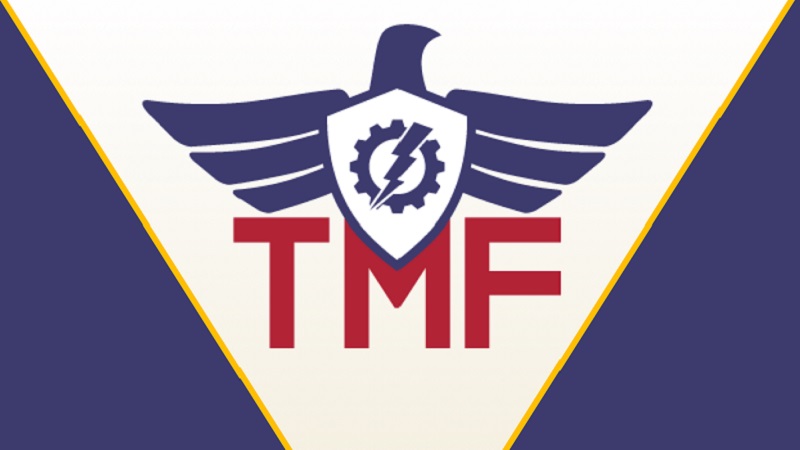
The Technology Modernization Fund (TMF) announced two new investments today totaling over $47 million that will help NASA and the Department of Labor (DoL) address security vulnerabilities and update legacy technology.
The larger investment of the two – totaling $42 million – will help DoL’s Office of Workers’ Compensation Programs (OWCP) to replace the outdated Integrated Federal Employee Compensation System (iFECS). The second investment, totaling $5.87 million, will help NASA to enhance its cybersecurity and operational efficiency.
“It is our responsibility to protect high-priority systems and enable our Federal workforce to deliver on their agency’s mission seamlessly and securely,” said Federal CIO and TMF Board Chair Clare Martorana. “These TMF investments demonstrate the diversity and reach of the TMF in driving innovation and impact forward for the American public – from strengthening NASA spacecraft control to supporting injured and ill workers through DOL’s Office of Workers’ Compensation Programs.”
“Unlocking the potential of government through technology modernization requires strategic investment and a commitment to driving meaningful change,” added Larry Bafundo, acting TMF executive director. “TMF is pivotal in enabling Federal agencies to invest in their own ability to adapt, evolve, and better serve their citizens in a rapidly changing world.”
TMF, which is administered by the General Services Administration (GSA), was created in 2017 under the Modernizing Government Technology Act to provide money to Federal civilian agencies to undertake tech modernization projects. The fund in recent months has been spending down some of the $1 billion cash infusion it received from Congress in 2021.
The TMF award for DoL will help to modernize iFECS, which is a system that provides services to more than 2.5 million workers. It serves as the backbone for the Disability Management Portal (DMP) and Employees’ Compensation Operations and Management Portal (ECOMP).
The $42 million in funding will make it easier for injured and ill workers to receive services and benefits – making processes faster and less prone to cybersecurity risk. The funding will transition iFECS to a modern, cloud-based architecture that leverages automation technologies.
“IFECS services the entire Federal government as the processor of all workers’ compensation claims filed by Federal workers,” said Nancy J. Griswold, deputy director of DoL’s OWCP. “As such, improvements in iFECS that will allow for the faster processing of claims will have an impact not only on the claimants themselves, but also their Federal employers, as studies have shown that faster payment of claims results in a faster return to work for many claimants.”
As for NASA, the nature of the agency’s mission makes it a prime target for hackers and foreign enterprises. The $5.87 million in funding will help NASA to counter security threats and strengthen its technical capabilities.
Specifically, the TMF support will allow NASA to automate network management, modernize legacy technology, standardize network configurations across all NASA locations, and collect additional telemetry data to align with Federal cybersecurity mandates.
“NASA’s IT infrastructure plays a critical role in every aspect of NASA’s mission, from enabling collaboration to controlling spacecraft to processing scientific data. Therefore, protecting and effectively evolving NASA’s information technology infrastructure remains a top agency priority,” said NASA CIO Jeff Seaton. “This TMF funding will help the agency to accelerate critical cybersecurity and operational upgrades two years earlier than originally planned.”
